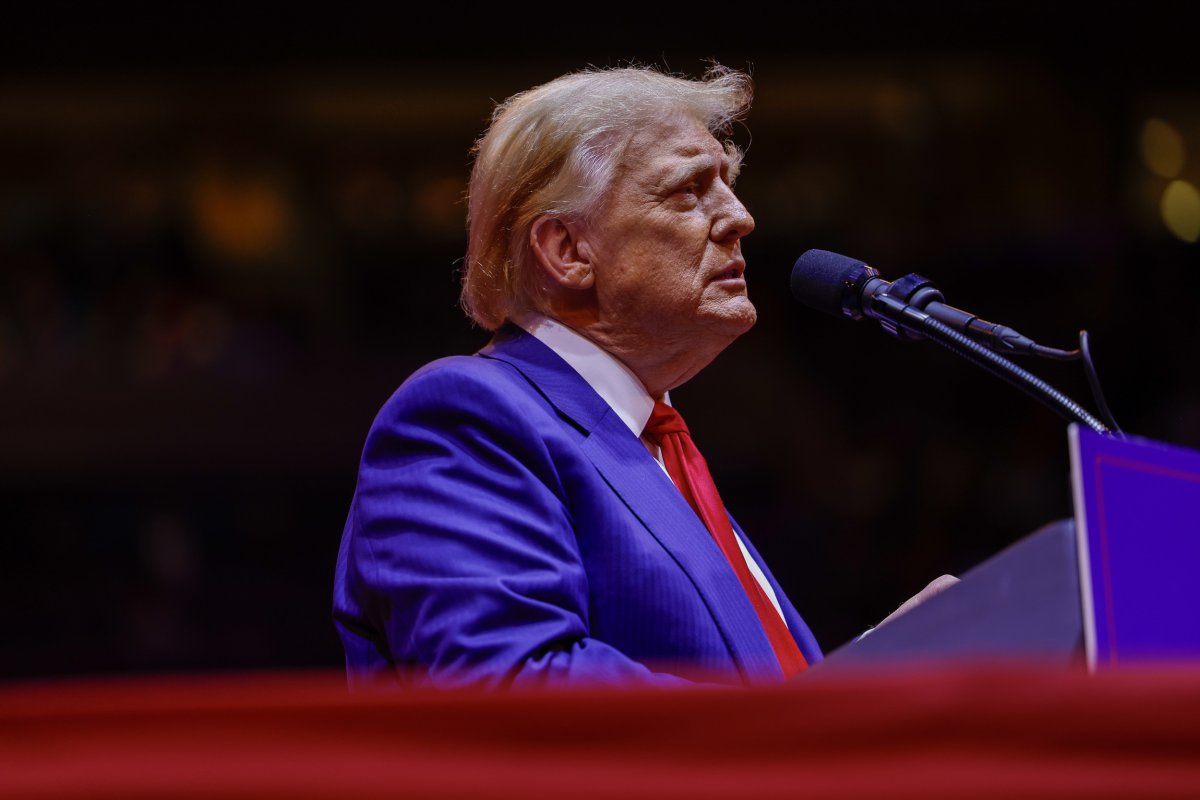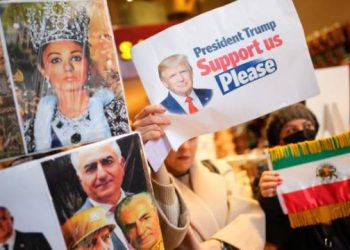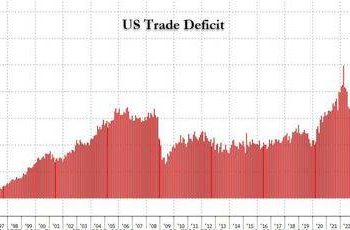President Donald Trump signed an executive order to withdraw from U.N. organizations, including the Human Rights Council (UNHRC), as part of a broader effort to reduce U.S. involvement in international organizations deemed contrary to American interests.
The order, issued on February 4, also halted U.S. funding to the U.N. Relief and Works Agency for the Near East (UNRWA) and called for a review of U.S. membership in the U.N. Educational, Scientific, and Cultural Organization (UNESCO).
Just days earlier, another executive order directed the withdrawal of the United States from the World Health Organization (WHO). On February 5, Israel also announced its departure from the UNHRC, citing “institutional bias” against Israel.
Following World War II, the United States played a key role in founding the United Nations with the hope that the organization and its peacekeeping missions would help prevent global conflicts. However, the executive order stated that the U.N. has “drifted from this mission,” adding that it operates “contrary to the interests of the United States while attacking our allies and propagating anti-Semitism.”
The order requires the secretary of state to review and report on international conventions or treaties that “promote radical or anti-American sentiment.”
UNHRC, UNRWA, and UNESCO
The Trump administration’s order accused UNRWA of being “infiltrated by members of groups long designated by the Secretary of State … as foreign terrorist organizations.” The administration pointed to the involvement of some UNRWA employees in the October 7, 2023, Hamas terrorist attack on Israel. The U.N. later confirmed that nine UNRWA employees identified as Hamas operatives were fired.
Critics have long claimed that UNRWA fosters hostility toward Israel, though the agency has denied such allegations. In late 2024, Congress passed legislation suspending U.S. funding for UNRWA through March 2025. The United States, historically the agency’s largest donor, contributed $422 million in 2023 alone.
The executive order also targeted UNHRC and UNESCO.
“UNHRC has protected human rights abusers by allowing them to use the organization to shield themselves from scrutiny, while UNESCO has demonstrated failure to reform itself, has continually demonstrated anti-Israel sentiment over the past decade, and has failed to address concerns over mounting arrears,” the order stated.
Founded in 1950, UNRWA states on its website that it “has played an essential role for over 60 years since its establishment in providing vital services for the well-being, human development, and protection of Palestine refugees, and the amelioration of their plight, pending the just resolution of the question of the Palestine refugees.”
UNRWA also asserts that it has supported Palestinian refugees in “achieving their full potential in human development under the difficult circumstances in which they live, consistent with internationally agreed goals and standards.”
Previous Withdrawal
The executive order referenced a 2018 decision by the Trump administration to withdraw from the UNHRC, repeating the stance that the U.S. must “reevaluate our commitment to these institutions.” The previous withdrawal also resulted in cutting funding for UNRWA.
In 2017, Trump stated, “The United Nations must reform if it is to be an effective partner in confronting threats to sovereignty, security, and prosperity.”
The Biden administration reversed Trump’s decision in 2021, rejoining the UNHRC and restoring funding to UNRWA. However, U.S. funding to UNRWA was paused again in 2024 after allegations surfaced that some agency employees had been involved in Hamas’s attack on Israel, allegations that were later confirmed.
During the earlier U.S. withdrawal, funding to UNESCO was also cut. The White House credited the 2018 decision with prompting reform, stating that UNESCO “took steps to improve its relationship with Israel.”
Critics of the UNHRC have raised concerns about the inclusion of countries known for human rights abuses. The White House explained that the recent executive order was, in part, a response to the UNHRC allowing nations such as Iran, China, and Cuba to “shield themselves despite having egregious records of human rights violations and abuses.”
WHO Pullback
On his first day back in office for a second term, Trump signed an executive order to withdraw the U.S. from the World Health Organization (WHO), following through on a pledge from his first administration.
Trump’s January 20 order cut U.S. funding to the WHO, citing the organization’s “mishandling of the COVID-19 pandemic that arose out of Wuhan, China,” along with other global health concerns.
The United States has been the WHO’s largest financial supporter, contributing approximately $1.28 billion in the 2022–2023 budget cycle—almost half of the WHO’s joint external evaluation missions for that fiscal year. The 2024–2025 budget cycle appears to be following a similar pattern, with the U.S. estimated to contribute $988 million, or roughly 14 percent of the WHO’s $6.9 billion budget.
The report accuses the WHO of succumbing to pressure from the Chinese Communist Party and prioritizing “China’s political interests ahead of its international duties.”
As part of this alleged failure, the WHO reportedly ignored Taiwan’s December 31, 2019, warning about “atypical pneumonia cases” in Wuhan and did not investigate the concerns.
Jackson Richman contributed to this report.
 Telegram is where we really talk. Don't miss out!
Telegram is where we really talk. Don't miss out!








